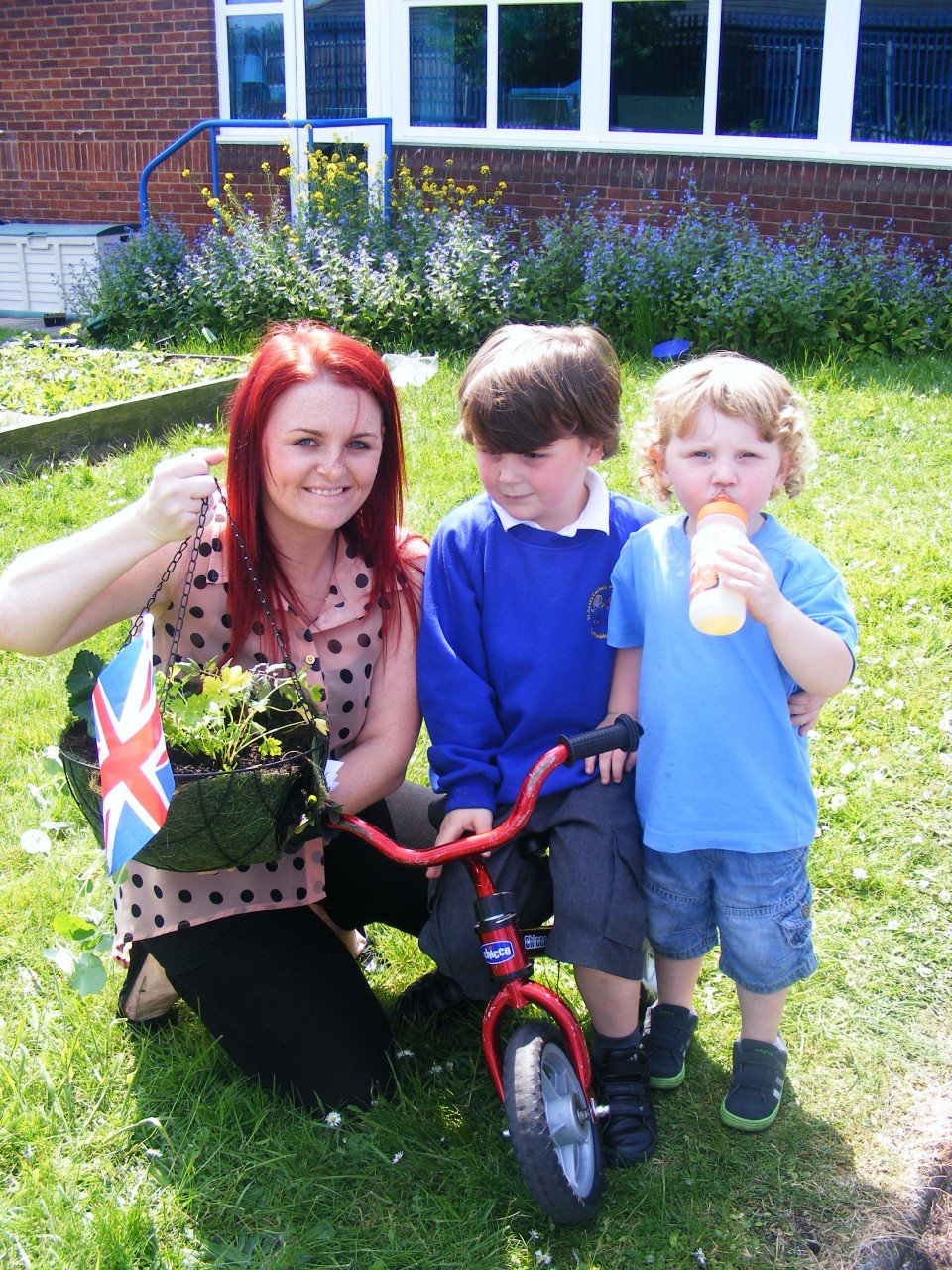
The “Natural Choices for Health and Wellbeing” programme in Liverpool, UK was a municipal-level pilot scheme between the Liverpool Primary Care Trust (a now defunct local statutory organization under the National Health Service), the Mersey Forest (a network for management of woodlands and green spaces in two English counties), and numerous community groups and organizations. The 2012 programme funded projects that improved local livelihoods and health through the creation and enhancement of green spaces and natural elements. More specifically, the program aimed to reduce health and well-being inequalities by funding various projects targeting areas with higher health needs and lacking green areas, generally the most disadvantaged areas of the city. The program defined several subcategories for funded projects, with the general aim of improving health and well-being. These categories included: engagement of locals in gardening and food growing; creation and improvement of environments; development of skills and education on local ecosystems, environment and health issues; development of connections with the self, the neighbors and the environment; the improvement of mental health; the development of physical activity routines, and the strengthening of communities’ social fabric. The policy instrument was a part of several broader schemes, which the Liverpool Primary Care Trust, the Mersey Forest, and Liverpool municipal government collaborated on. Specifically, the instrument relates to the 2020 Liverpool Decade of Health and Wellbeing and the Liverpool Green Infrastructure Strategy. The program lasted for around 44 weeks between January 2012 to November 2012. Due to its success, the Natural Choices program served as a pilot scheme and transitioned to a larger program.
